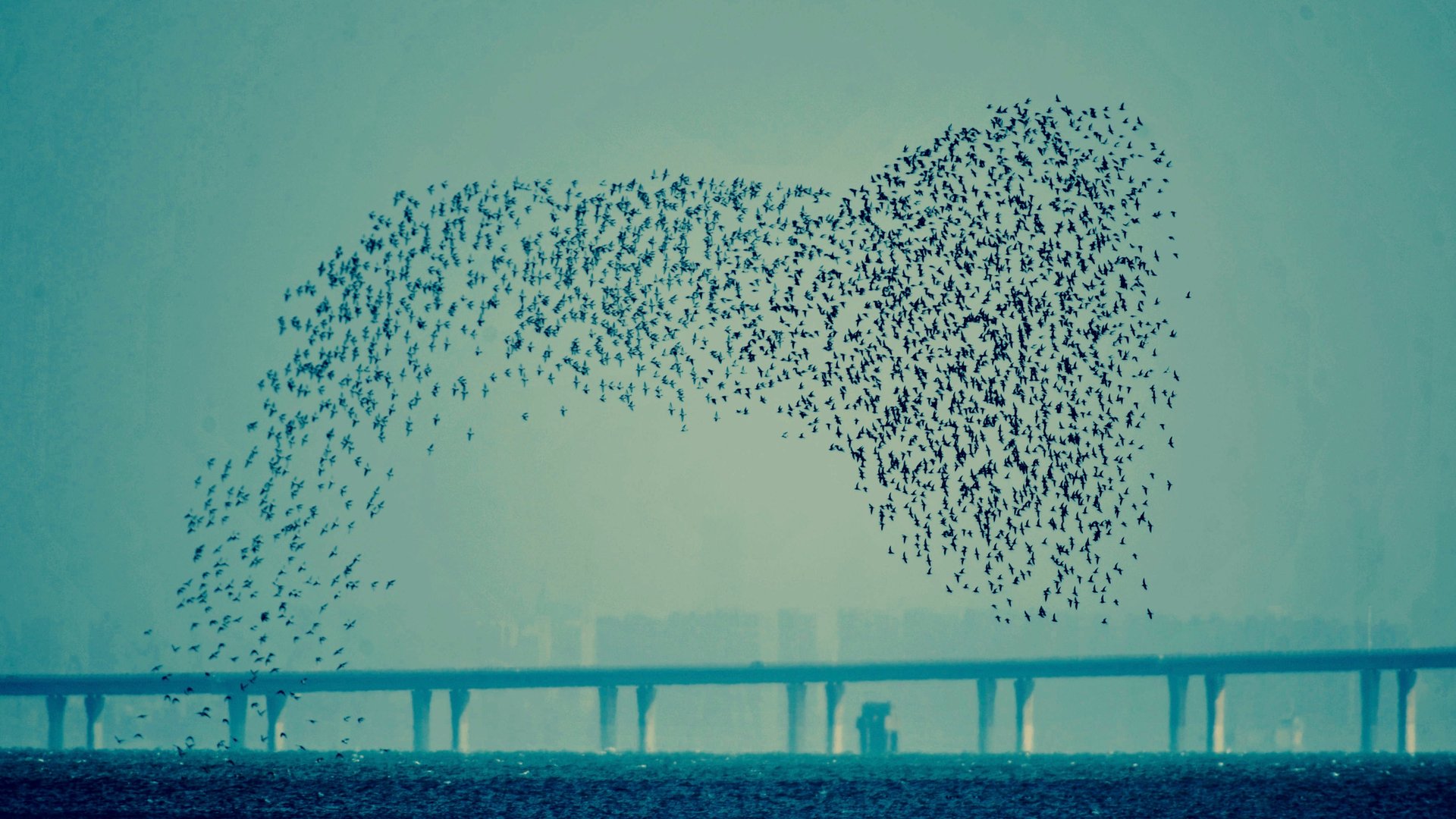An ancient Chinese principle can help you get comfortable with doing less—and make you happier, too
A lot of New Year’s resolutions are aimed at springing into action—whether the goal is losing weight, finding love or moving to a new city. But my main priority now is learning to be still. And the Chinese concept of wu wei—strategic non-action—has helped me do just that.


A lot of New Year’s resolutions are aimed at springing into action—whether the goal is losing weight, finding love or moving to a new city. But my main priority now is learning to be still. And the Chinese concept of wu wei—strategic non-action—has helped me do just that.
The Tao Te Ching, written in China around 600 BC, first articulated the idea of wu wei. ”Do that which consists in taking no action and order will prevail,” the book explains. The idea is that we should stop trying to force action and get comfortable doing less. Then, when we do move, our actions are natural, energetic, and accomplish the desired results.
The Tao Te Ching recommends cultivating non-action by observing the natural world. The skies don’t always storm; nor are birds always in flight. Stillness preserves us for action when necessary. The Taoist storyteller Chuang Tzu explains the idea further around 350 BC: “From the sage’s emptiness, stillness arises; From stillness, action. From action, attainment.” Wu wei is also an essential element of the influential strategy guide The Art of War, adored by business types.
There’s no precise translation for wu wei in English. Philosopher Alan Watts preferred the term “not forcing.” Watts believed that the concept is critical for learning to live a good life, but very difficult for Americans to understand. In an action-oriented culture, doing nothing sounds dumb. Who ever made a million bucks doing nothing?
I once felt a similar resistance to the idea of wu wei. Patience, though a virtue, is not my strong suit. I like to achieve and check off accomplishments. But in recent years, I began to notice that my busy, industrious attitude didn’t seem to be doing much for me.
In 2012, I was an underemployed lawyer in Brooklyn, doing temporary work by day and painting street art at night. I was worried sick about the future and even considered applying to medical school just to have some plan, but I was already drowning in law school debt. (Plus, I feel sick at the sight of blood.)
So I made myself stop pushing, which isn’t my style. I relied instead on the certainty that things would change, memorizing passages of the Tao Te Ching so as not to think about the unknowable future. I’d been reading the book over and over since I was 16, but only at 40 did it really sink in. It reminded me that non-action can be a power move, when it’s deliberate. Being still requires courage and confidence that there is a place for you in a big, chaotic universe. So I stored up energy, knowing that things would change. And when they did, they changed fast.
My husband and I both landed brief—12-week—gigs on the same legal document review team at Google in California in July 2013. In the space of just 10 days, we packed and crossed the country in a rented car, exchanging a Brooklyn studio for a cabin in the Santa Cruz mountains.
We loved the mountains. But Google, a fascinating workplace, got weird. Working at such an enormous corporation got me thinking about the fine line between utopia and dystopia—and the accidental menace of friendly giants. Working there made me want to write again, a prior profession. But I wasn’t sure how to go back.
So once again, I tried not trying. Obviously, I made an effort to get what I wanted, writing voraciously. But the effort wasn’t a constant one. For example, last January, I spotted a job posting at Quartz that excited me. Yet I didn’t apply. The timing wasn’t right. Six months later, I spotted the posting again, and applied: Silence, then a flurry of activity.
Now comes the part that’s a little hard for me to admit. But framing outcomes neutrally—also a Taoist notion—helps us to manage reality. So the truth is that I didn’t get the precise job I applied for. But I do write for Quartz. There was a place for me—and it’s evolving.
Wu wei shows that when we stop making waves, and learn to wait and watch, we see outside forces more clearly and make wiser moves. Act hastily, and every step is a potential blunder, with emotion and ego driving our decisions more than reason.
Now I know that, like all creatures, I have a finite amount of energy. By not acting, we conserve energy so that we can expend it when the moment is right. So wu wei isn’t about resignation or laziness. It’s about self-preservation—an important skill. As 2017 begins, I’m sitting still: attentive and ready.